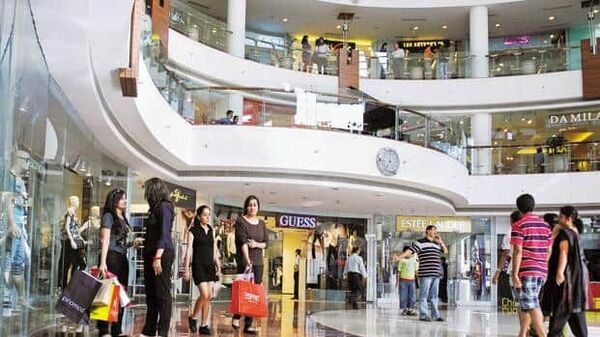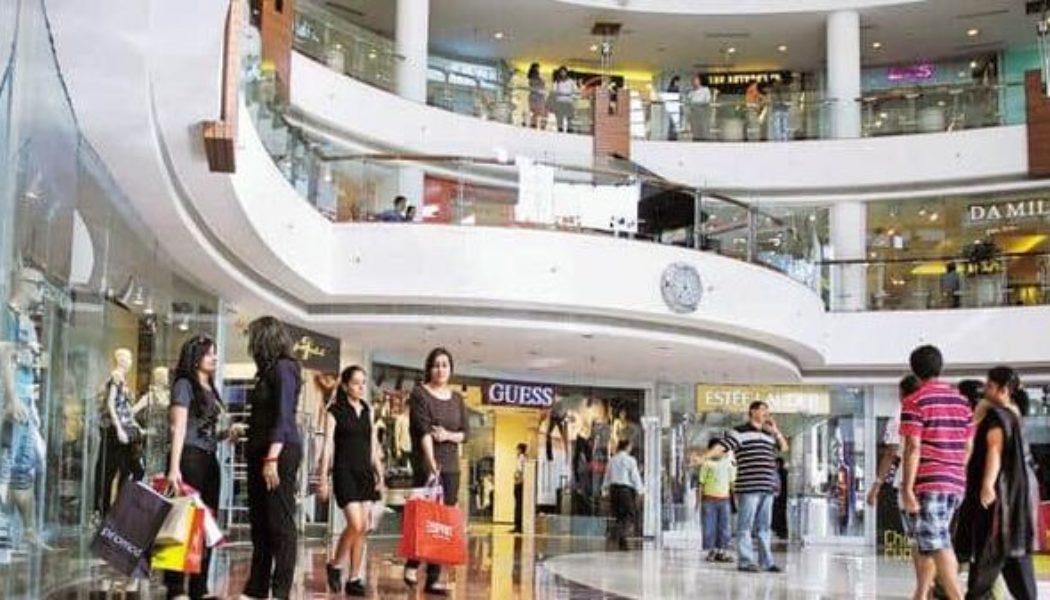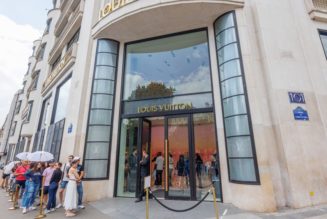
Richemont-owned watchmaker Panerai, for instance, has initiated an exclusive preview of its latest luxury watches in India this month to gauge buyer interest in the newest additions to its ‘Radiomir’ and ‘Luminor Due’ collections, some of which are priced as high as ₹50 lakh per piece. These watches were launched at the ‘Watches and Wonders’ show in Geneva. The watches will now be showcased in major cities, including Delhi, ahead of the festive season in October. The company also plans to open two stores within this fiscal year, adding to its existing three.
India’s luxury consumption, currently estimated at ₹12,000 crore, surged during 2020 and 2021 due to the closure of international travel, forcing wealthy Indian to buy locally. The sector experienced a slowdown after travel curbs were lifted. However, with many wealthy consumers continuing to purchase luxury goods locally, the market is now showing signs of sustained demand.
While the initial demand spurt from the pandemic has cooled off somewhat, companies remain confident of the strong future of the business here, fuelled by demand from millennials.
Many companies are preparing for the upcoming festive shopping and wedding season by expanding their stores or bringing in new and exclusive collections. Indian companies are also reporting strong growth. “Some categories like watches, branded jewellery, and ready-to-wear are continuing to grow at over 100%. Interestingly, we are noticing that men and women are now spending equally at our luxury malls,” said Pushpa Bector, the head of luxury and shopping malls business and senior executive director at DLF Retail.
Emerging countries are poised to add as many as 70 million mid- and high-income consumers, driving demand for luxury goods. Within this, India is likely to gain 20%, adding about 35-40 million consumers by 2030 from its present about 15-20 million.
Bector said today’s companies have understood the formula of tapping into the Indian buyer’s psyche by providing end-to-end personalized customer service. In the luxury malls of DLF, several high-ticket luxury brands are also expanding their store space and moving into larger format stores, denoting confidence, she said.
Among the businesses that have grown significantly is the one catering to the lucrative wedding market. Abhishek Agarwal, the founder of luxury fashion house Purple Style Labs, which operates Pernia’s Pop-Up Shop and Wendell Rodricks, estimates the country’s entire luxury industry at ₹10,000-12,000 crore. Of this, the wedding attire sector represents ₹7,000-8,000 crore, across approximately 1,000 designers.
Agarwal’s company has posted a revenue of about ₹375 crore in FY23 and expects revenue to grow 50% annually for the next 3-4 years on the back of store expansions in cities like New York, Dubai, Chennai, and Surat and a growing online presence.
Although there will never be “another China” in terms of growth contribution to the luxury industry, new markets such as India and emerging Southeast Asian and African countries have significant potential, assuming their luxury shopping infrastructure can evolve quickly enough. Among the rising stars, India stands out as the luxury market could expand to 3.5 times today’s size by 2030, Bain & Co. said in a 2022 report.
For many luxury brands, India remains a 2-3 store market with a concentration of stores in the major cities. Albeit small, many international businesses are still vying for customer attention in India rather than waiting for Indians to travel abroad and make purchases.
Several firms, like Panerai or LVMH, for instance, have brought both special India-only edition products and the latest collections from around the world, unlike, say, about a decade ago when that would not be the case. Aditya Birla-owned multi-brand outlet, The Collective, is also still seeing strong numbers.
Growth in the luxury vehicle segment has also been strong. For brands such as Lexus, India is one of the ‘hottest marketplaces’ because of the rising number of wealthy people. Naveen Soni, the president of Lexus India, predicts that the Indian luxury car market is expected to reach a value of over $1.54 billion by 2027. The industry grew at a staggering 52% last year, and the company said it grew 76% in the same period.









